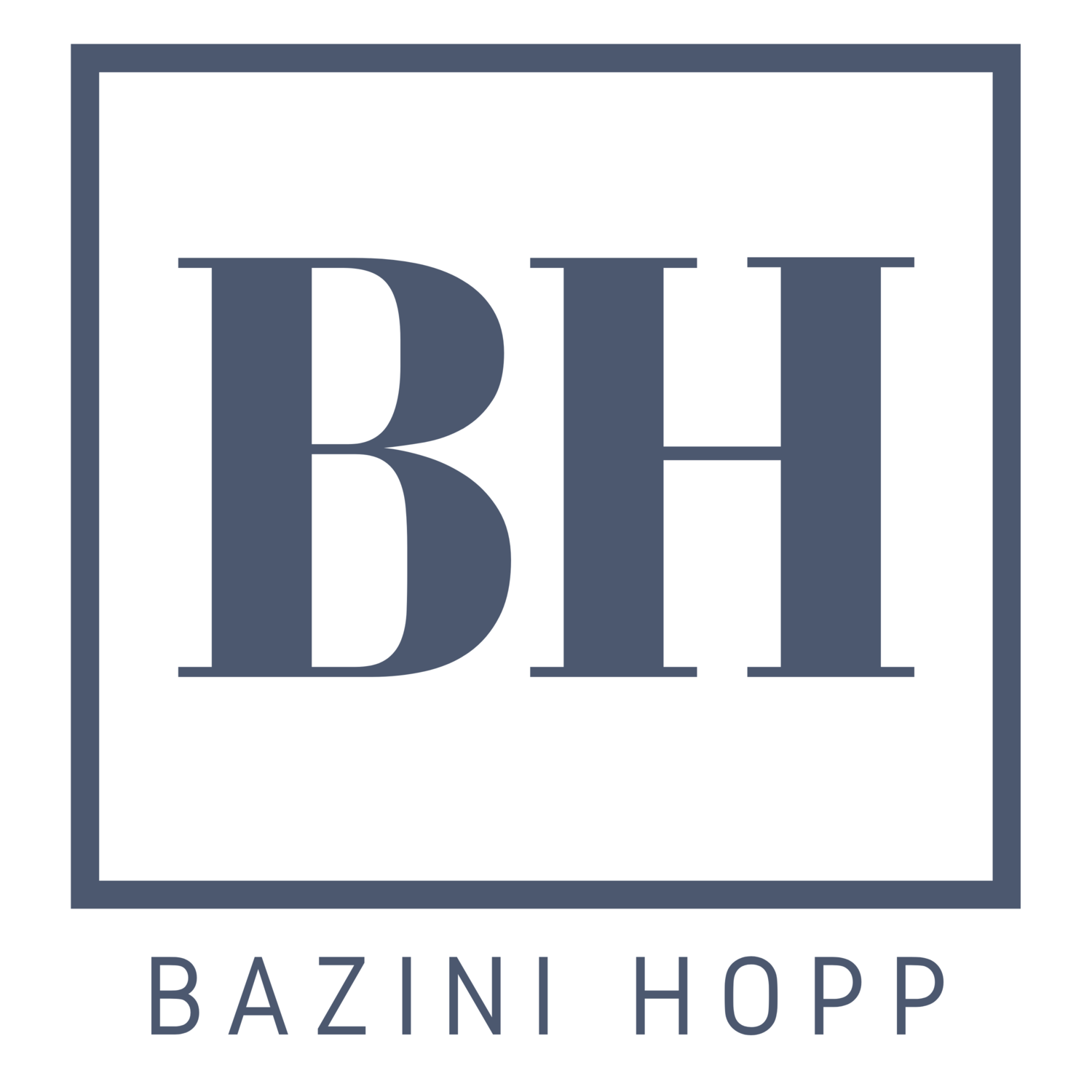Annual publishing expo deals with changing industryBy Allan Hoffman/For The Star-LedgerTen years ago, when the music industry was in an anguished tumult over Napster and illegal downloads, at least one cornerstone of the industry remained a symbol of stability and tradition -- the song. CD sales were dropping and musicians might need to find new ways to support themselves, but the song, thank goodness, wasn’t really in flux.Not so with the book.Everything is up for grabs in the publishing industry right now, and BookExpo America, the industry’s major gathering, is a testament to the tumult. The panels ("Designing and Executing an e-Strategy for Authors"), the companies attending (Amazon, Google and an assortment of tech startups), and the issues discussed and debated (Twitter, the iPad, social media) all reflect an epochal transformation.BookExpo America wraps up today at the Jacob K. Javits Convention Center in New York — an opportune moment to consider the questions facing the industry (and, let’s face it, anyone who reads and cares about books).What is a book?The dictionary definition of a book, as a "printed work consisting of pages glued or sewn together along one side and bound in covers," sounds downright archaic these days.E-books, like those available for Amazon’s Kindle e-reading device, have forever changed our idea of what a book is. Yet the e-books now widely available — typically consisting of digital text from traditional books — are primitive compared with the kind of books being touted at BEA.One company, Sideways, displayed what it calls a "digital publishing platform" to produce elaborate multimedia books combining text, photographs, artwork, video, maps and links to social networking tools.A demo for a not-yet-released book for the iPad, "Morrison NYC," includes vintage photographs of the Doors’ Jim Morrison, a visually stunning timeline and an interactive map of New York City, with clickable markers leading to more photos and captions. Charles Stack, founder of the company, said the company is "expanding what’s great about the printed book into something greater.""It’s just bringing the whole printed page to life," he said. "It’s all new techniques, all new opportunities."At a panel on mobile tools for books, Josh Koppel, co-founder of another company reinventing the book, ScrollMotion, showed off a study book for the MCAT exam allowing the reader to take sample test questions, within the book, and then have the questions graded.Peter Costanzo, director of online marketing for Perseus Books Group, displayed an iPhone version of the popular teen novel "Cathy’s Book." Within the book, you can press on a phone number to call the title character. "We’ve gotten thousands and thousands of messages from kids to Cathy," Costanzo said.Making phone calls from books? Taking tests? Watching video? Yes, the book is morphing into "a reading experience that actually defies the traditional notion of what a book is," as Koppel said.What is an author?With books integrating a lot more than text, what will the role of the author be? Sideways aims to provide tools to authors to create multimedia books like "Morrison NYC." Will a new generation of authors make their mark by their ability to craft hybrids mixing words with art and video? Or will the role of the author remain focused on the text, with others — publishers, designers, project managers and programmers — working with authors to transform their books for phones, tablet computers and e-readers?What is a publisher?The major publishers were all at BEA, but clearly other companies are edging into their territory. Print-on-demand publishers, like iUniverse and Lulu, let anyone print a book. Technology startups are working with authors — or other publishers — to bring interactive versions of books to mobile devices. You can even now buy a book of content from Wikipedia from a new venture called PediaPress.What is a bookstore?Where do you buy a book? Along with traditional stores and online retailers, you can now buy books through Amazon’s Kindle Store, Apple’s iBookstore and other stores connected to websites and tools for viewing e-books. If you own an iPad, for instance, you might buy a book from the iBookstore, another from the App Store — if the book is an app (as "Morrison NYC" will be) — and others from stores connected to various e-reading tools, like Iceberg Reader and Stanza. Quite confusing, and likely to remain so as publishers and technology companies continue to experiment with e-books.What is a book worth?No one knows, yet this question is fiercely debated in publishing circles.Traditional publishers fear e-book pricing is settling at $9.99 for a book, yet it’s possible miniature books — or apps — will be available for substantially less, while elaborate multimedia books might cost more, just like today’s coffee table books. One BEA panel, " ‘I’ll Never Pay Over $9.99 for E-Books!’ and Similar Lies" reflected the anxiety in publishing over book pricing.What is a reader?When a book is a multimedia concoction, is the person consuming it ("consume" being one of the words now applied to books) as a reader, or something else, like a user? Maybe the latter, as suggested by the title of this panel: "How the Digital Book Cloud Works for Publishers and Users." The panel’s sponsor? Google, of course.
